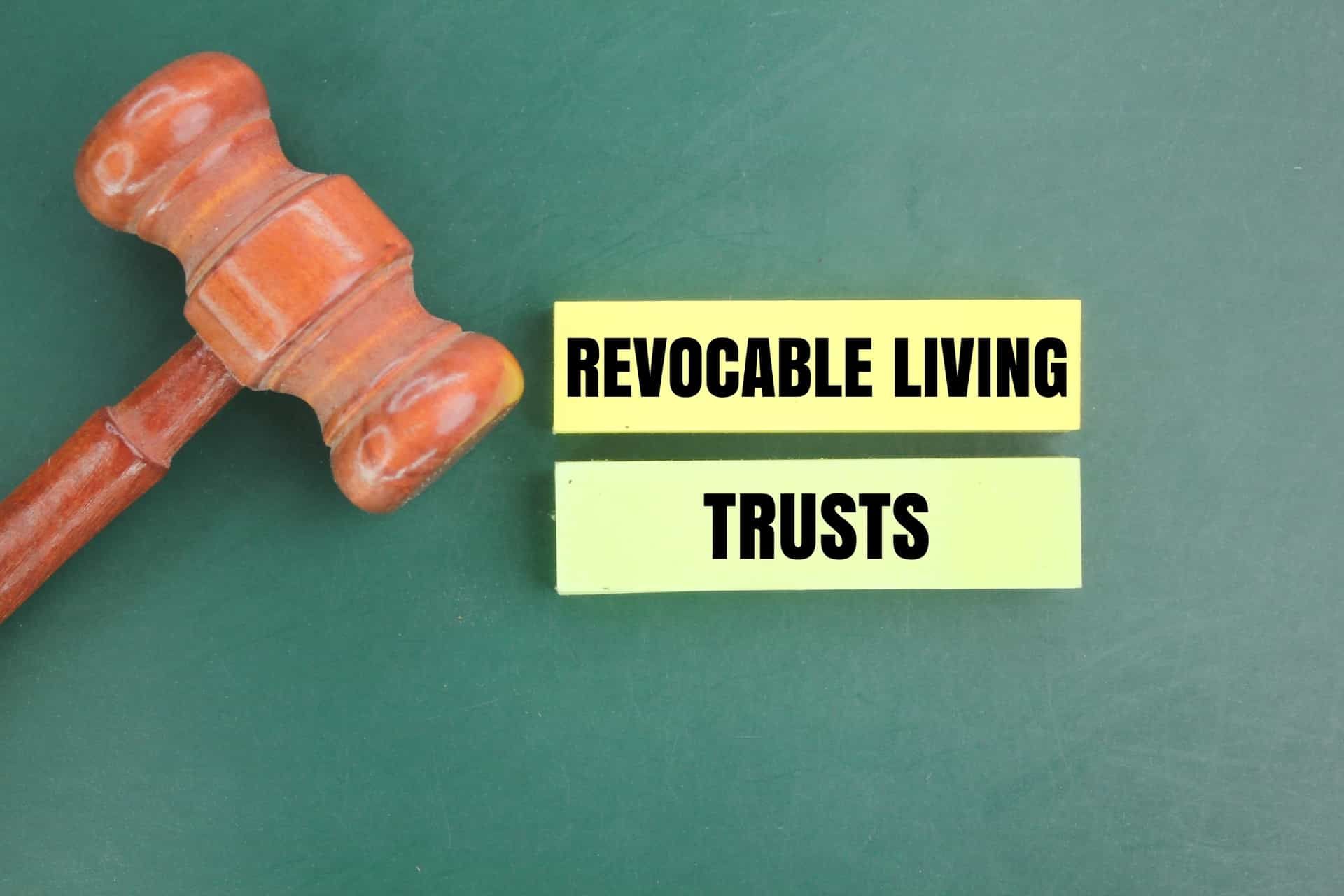Probate Lawyer in Naples, Florida

Probate Taxation Attorney Naples, Florida
Jostock & Jostock, P.A.
has extensive experience representing trustees, executors, administrators and beneficiaries of family trusts and probate estates in litigation, often involving the unique issues associated with high wealth individuals, complex assets and family business interests.
We counsel corporate and individual executors, personal representatives, trustees and other fiduciaries in connection with the administration of probate estates and trusts. Our firm handles a wide range of issues, including representation in state and federal court proceedings, assistance with accounting and bookkeeping functions and analysis of complex income, estate, inheritance, and generation-skipping tax issues. We have extensive experience preparing federal and state estate, gift and generation-skipping tax returns for fiduciaries as well as representing fiduciaries in tax audits and other tax controversies.

Protecting Your Assets With Naples FL Probate Attorney
Jostock & Jostock, P.A.
also represents beneficiaries who require or desire counsel in connection with the administration of a trust or estate. Our naples probate lawyer role with this type of client often includes tax planning for the beneficiary by utilizing techniques such as disclaiming, renunciation and exercising of powers of appointment.
Our naples probate lawyer regularly litigates contested estates, wills and trusts and has experience representing legatees, devisees, beneficiaries, fiduciaries, family members and other interested parties defending and asserting claims against estates and trustees. Our naples probate lawyer file and defend prudent investor rule claims and breaches of fiduciary duties such as undue influence, fraud and tortious interference with testamentary expectancy by fiduciaries and third parties. Our naples probate attorney have represented, filed and defended will and trust contests, claims against probate estates and other disputed claims germane to estate and trust matters.
Our naples probate lawyer also has extensive experience representing guardians and other related family members in connection with guardianship matters for minors and disabled adults. Our naples probate attorney experience includes the initial establishment of guardianship, contesting guardianship as well as ongoing administration issues such as accountings and other court supervised matters.
KEY AREAS OF SERVICE
- Advice during estate administration and the probate process;
- Assistance regarding guardianship issues and other areas of elder law;
- Claims of breach of fiduciary duty and/or claims of the prudent investor rule;
- Contested minor and disabled adult guardianship proceedings;
- Contested creditor claims against an estate;
- Proceedings to discover and recover assets;
- Proceedings to quiet title; and
- Representation during will or trust contests and will or trust construction proceedings.
- Citations to Discover & Recover Assets
- Contested Estates & Trusts
- Estate & Trust Administration
- Probate & Trust Taxation Issues
The Common Probate Questions in Florida
What is Probate?
Probate is the legal process that occurs after someone dies in order to settle their estate. It involves identifying the assets the deceased person (the decedent) left behind, paying any outstanding debts, and distributing the remaining assets to beneficiaries. The assets left behind at death are collectively called the decedent's estate. Probate serves to transfer these assets to new legal owners. If the decedent left a legally valid will, assets transfer according to its terms. If there was no will, state intestacy laws determine who inherits assets. Probate usually requires going through court and involves several parties like a personal representative, beneficiaries, heirs, creditors, and more. The probate process ensures the decedent's final wishes are carried out, creditors are paid, and assets legally transfer to new owners. Not all estates have to go through probate though - some may qualify for a simplified probate process or assets like life insurance with designated beneficiaries bypass probate.
What is the probate process?
The probate process is the legal procedure for validating a deceased person's will and distributing their assets to the beneficiaries named in the will. It involves gathering information about the deceased's assets and debts, getting property appraised, paying off any creditors, and assigning remaining assets according to the terms of the will. The process is overseen by the probate court and carried out by an executor appointed by the deceased. Probate ensures assets are distributed properly according to the law and allows any possible heirs to come forward with claims. The process can take 3-9 months on average depending on the complexity of the estate. Taking steps like designating beneficiaries and meeting with an estate planning attorney can help simplify probate for a family later on. Overall, probate provides legal oversight for distributing a deceased's assets according to their wishes.
What Is Florida Probate Administration?
Florida Probate Administration is the court-supervised process of resolving a deceased person's financial affairs after their death. It involves identifying the decedent's assets that were solely in their name at death, protecting those assets, notifying creditors to make claims, and eventually distributing the remaining assets to heirs. A judge oversees the process while a personal representative handles the day-to-day duties. Formal probate usually takes around 6 months but can take years if litigation or tax issues arise. Probate is not always necessary, such as if assets were jointly owned or assets fall below certain thresholds that qualify for quicker summary administration. The process can be complicated, time-consuming, and expensive due to court costs, fees for the personal representative and their lawyer, notices, and more. Probate administration is meant to orderly resolve a decedent's solely-owned assets through court procedures, but estate planning strategies like trusts and joint accounts may help avoid the process.
Does Florida require an attorney for probate?
Yes, Florida generally requires an attorney for probate proceedings, with a few exceptions. Specifically, Florida Probate Rule 5.030(a) mandates that a personal representative in a formal administration of an estate must be represented by an attorney. The exceptions are for summary administration, disposition of personal property without administration, disposition without administration in small estates, and some ancillary administrations, where an attorney is not strictly required but still strongly recommended due to the complexity of probate law and procedures. Even when an attorney is not required by law, Florida's probate system is too intricate for most non-lawyers to navigate without legal guidance. The proper forms, filings, notifications, inventorying of assets, payment of claims, and final distributions require an attorney's expertise in nearly all cases. Therefore, while limited types of simplified probate allow non-lawyers, most Florida estates need an attorney's assistance to ensure the probate process goes smoothly.






